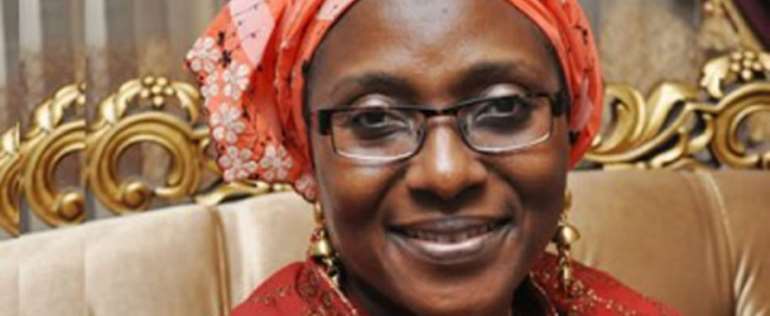FG finally inaugurates TCN supervisory board

The Federal Government on Tuesday inaugurated the supervisory board for the Transmission Company of Nigeria three months after it was constituted, bringing to a close the controversy over the Canadian firm, Manitoba Hydro International's takeover of the management of the electricity transmission firm.
The members of the TCN supervisory board, whose appointment was announced last December, were formally sworn in by the Minister of Power, Prof. Chinedu Nebo, at the ministry's headquarters in Abuja on Tuesday.
The delay in swearing in the board had hampered the issuance of the schedule of delegated authority to the Canadian firm to effectively take over the management of TCN on behalf of the Federal Government.
The firm was, however, given the delegated authority on Monday.
In his address, Nebo said the inauguration of the board was part of measures aimed at revamping and restructuring TCN to make it more efficient, commercially viable and comparable to global transmission companies.
He said, 'The National Council on Privatisation, under the leadership of the Vice President, with the Bureau of Public Enterprises, adopted the management contract strategy in line with the 2010 road map to inject private sector expertise into the operations of TCN.
'Consequently, Manitoba Hydro International of Canada was offered a three-year management contract for TCN in September 2012 after due process to work with in-house team and take control of the daily operations of TCN, which include major functions such as market operator and system operator.'
The minister said Manitoba was expected to revamp TCN to achieve technical and financial adequacy in addition to providing stable transmission of power without system failure.
Nebo outlined the expected results for the repositioning of TCN to include reduction of electricity losses in transmission networks and systems; equitable and adequate generation dispatch predicated on fair merit order; operation of a transmission system consistent with the established regulatory framework; and improvement of grid security and general performance.
Others, he said, were provision of micro-grid for captive power nationwide; efficient market settlements between electricity market participants and sellers; transfer of skills and expertise to Nigerian personnel; efficient management and evaluation framework; and provision of yearly company report to Nigerians, who were the owners of the company.
The seven-member board has as its chairman, Mr. Hamman Tukur. The former governor of Ebonyi State, Dr. Sam Egwu, who was present at the event, was announced as an independent member of the board.
In his acceptance address, Tukur said the 4,000 Megawatt of electricity being supplied to over 160 million people was an embarrassment to the nation.
While speaking on behalf of the board, Tukur urged the agencies involved in the provision of power to sit up and make electricity available to Nigerians.
He said, 'As a board, we will need to understand what is involved in TCN, and then, we will respond adequately to the subject matter and how we will deal with it. What we know is that Nigerians want efficient electricity to meet the demands of industrialisation and many more.
'There is no way 160 million people in Nigeria will be able to cope with just 4,000MW of electricity. It is an embarrassment. So, honourable minister, please do something about it now. We need to let the generation and distribution companies or whoever is concerned know that Nigerians want efficient and reliable electricity.'
'We are moving from 4,000MW to 4,500MW; hopefully, when the NIPP projects come on board, within a year, we should be talking of over 10,000MW. However, without a strong transmission system to evacuate this power, it will not get to the people.'
